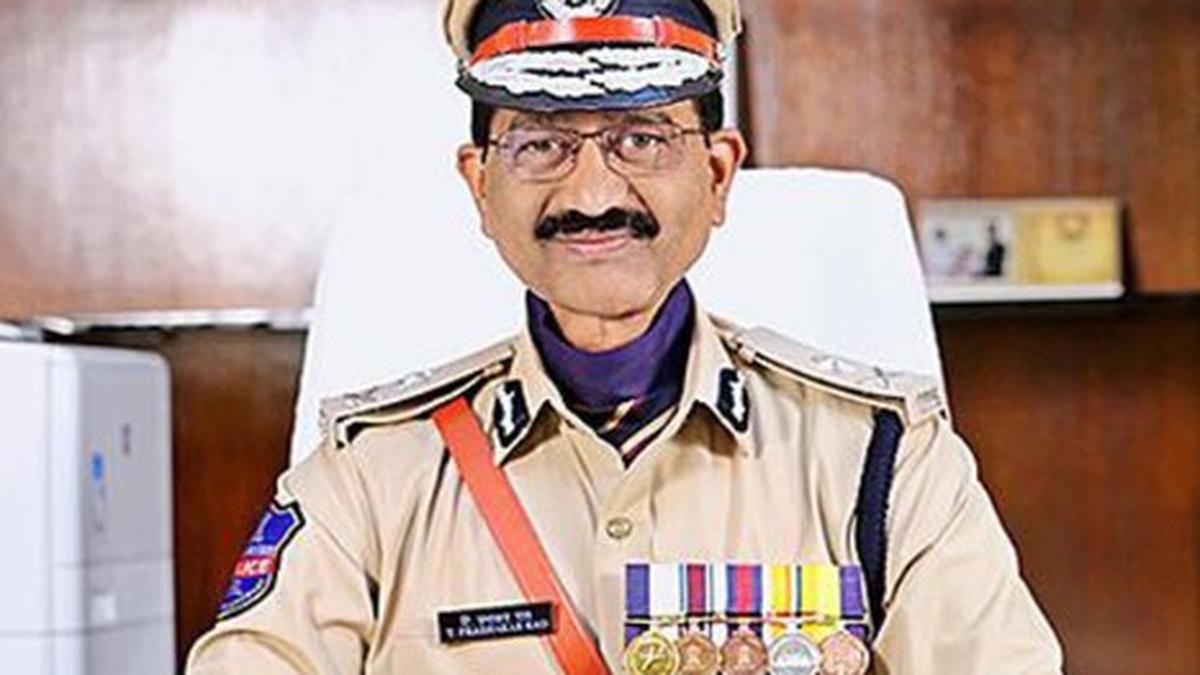
Petitioners interact with advocates at the Supreme Court lawn during a hearing on pleas challenging the Waqf Act amendment on May 21, 2025.
| Photo Credit: PTI
The Centre on Wednesday (May 21, 2025) sought to dismantle petitioners’ argument in the Supreme Court that creating ‘waqf’ is an essential religious practice in Islam, saying charity is not an essential part of any religion.
“waqf, by its very nature, is charity, and any charity, either under Islamic law or Hindu law or Christian law, has never been considered to be an essential religious practice. Charity is a part of every religion, but not an essential religious practice of any religion. A Muslim who does not create a waqf would not be less Muslim or cease to be a Muslim,” the Centre submitted before a Bench headed by Chief Justice of India B.R. Gavai.
Waqf (Amendment) Act hearing LIVE | May 21, 2025
Arguing against an interim order to stay the implementation of the Waqf (Amendment) Act of 2025, Solicitor General Tushar Mehta, appearing for the Centre, said the law focused only on the secular and administrative aspects of Waqf institutions without interfering with essential religious practices or beliefs of the Islamic faith.
“Articles 25 (freedom of religion) and 26 (minorities’ right to manage their religious affairs) permits state regulation of secular activities related to religion, including financial management and property administration of religious endowments to ensure transparency,” Mr. Mehta said.
Addressing the petitioners’ argument that the long-established practice of ‘waqf by user’ was invalidated by the 2025 law, the top law officer said creating a waqf was not mandatory in Islam, neither was it a fundamental right in itself.
He submitted that a waqf by a user was only given statutory recognition by the preceding Waqf Acts. What was created by a legislative policy could be taken away by legislative action, considering the societal situation.
“Under the State laws dealing with Hindu endowments and Hindu religious institutions, many customs, practices and prathas have been deleted/de-recognised over the years, by the competent legislature. The examples include deletion of hereditary archakas, hereditary trustees representing the person who established the denomination, etc.,” the Solicitor General contended on the second day of hearing in the waqf law challenge.
Mr. Mehta said unregistered waqfs were guilty of rampant encroachments, leading to members of the Muslim community themselves demanding a curb in the form of mandatory registration of waqfs.
Mandatory registration of all waqfs from April 8, the date from which the 2025 law came into force, and “prospective denial” of the creation of new auqaf (plural of waqf) through ‘waqf by user’ did not deprive the Muslim community of its right to create a waqf, he said.
Registration of waqfs has been made mandatory since 1923. Non-compliance had attracted penal action. The law officer said a judicial order setting aside the invalidation of a waqf by user would give a premium to an unregistered ‘Waqf by user’ who had been defying the law for over a century.

The government said the 2025 Act did not require mutawallis (managers of waqf properties) to compulsorily produce waqf deeds. They needed to furnish only details of the waqf, including property description, income, expenses, and any written deed “only if it was available”.
The law officer said the petitioners’ contention that having a government servant inquire into whether a waqf property was government land amounted to a “judge acting in his own cause” was simply absurd. The government functioned through its officers. The argument that an officer would be partial would not stand unless personal bias on his or her part was proved.
Mr. Mehta said an appeal against the decision of the designated officer could be made to the specialised Waqf tribunal, the High Court of the State concerned and the Supreme Court.
Issue of encroachments
He said it was the duty of the government to check encroachments by waqfs on public land. The government in a democracy was holding land in trust for its people. The registration of Wwaqfs was meant to bring them under a regulatory framework to facilitate audit, to increase documentation and to formalise waqf management.
A “microscopic” number of two non-Muslims out of 11 in State Waqf Boards and four non-Muslims out of 22 in the Central Waqf Council by the 2025 law cannot be termed an encroachment, Mr. Mehta said. The Joint Parliamentary Committee had concluded that the expansion of the composition of State Waqf Boards to include non-Muslim members would ensure “broader representation and diversity in waqf property management”.
Mr. Mehta recalled the petitioners’ “bold assertion” that once a waqf was declared a protected monument, all religious activities in it would be stopped. “Section 3D only says that a waqf once declared a protected monument would not be used for any activities inconsistent with its identity. If the area was used for a religious purpose, it will continue to be used for the religious purpose,” he clarified.
The law officer said the ancient monuments were the pride of the nation, yet some of them were misused or altered by waqf managements to make room for shops, etc.
On the 2025 Act’s bar under Section 3E on creating waqfs out of tribal or scheduled lands, the Solicitor General said these lands were protected by the Constitution.
The arguments will continue on May 22.
Published – May 21, 2025 10:22 pm IST


Leave a Comment